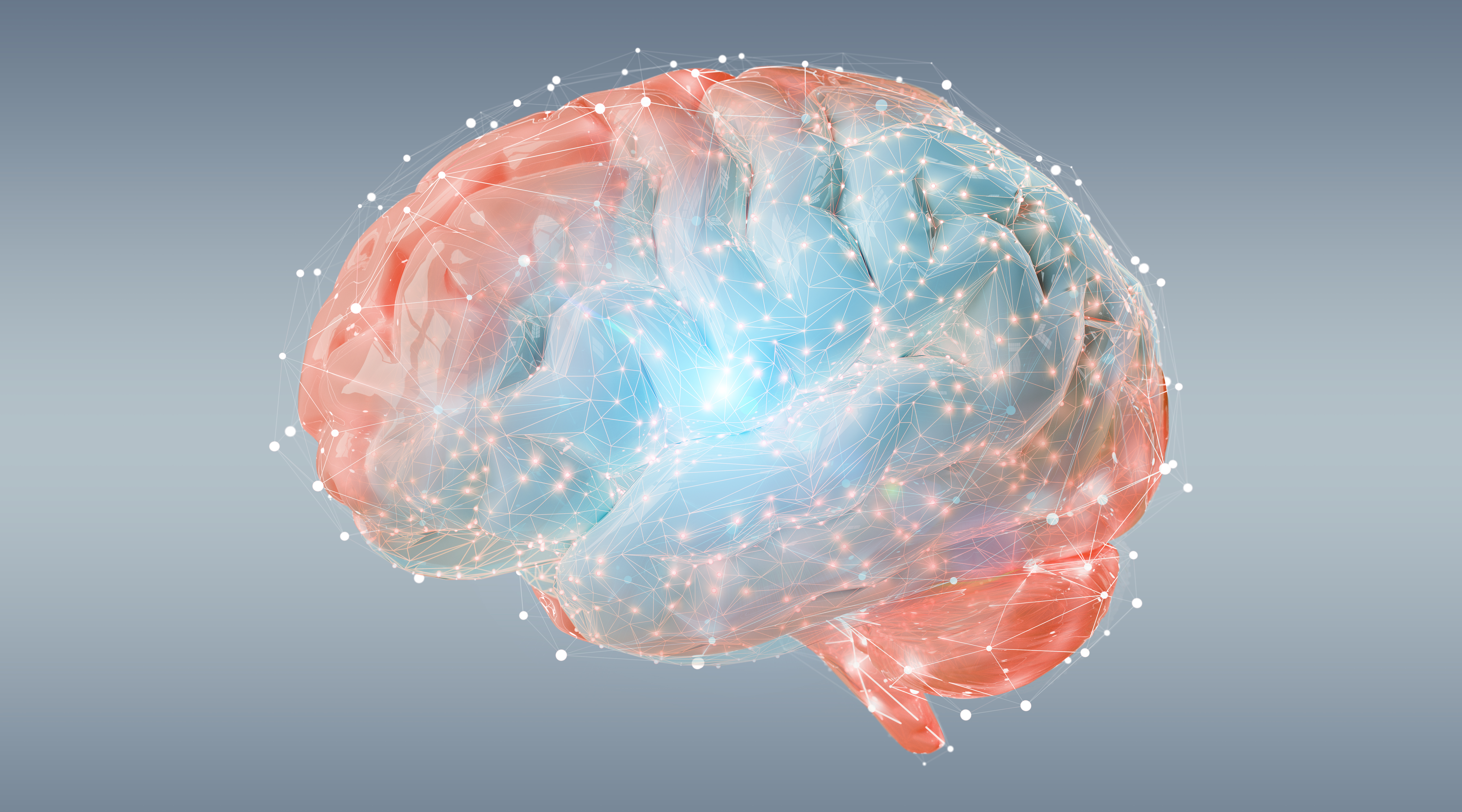No products in the cart.

Ever find yourself tangled in a web of thoughts just as you’re about to embrace the sweet embrace of sleep? We get it. Our brains are like bustling metropolises, processing over 6,000 thoughts every day. It’s like a mental rush hour, complete with thoughts zipping by at lightning speed (cue the late-night brain traffic jams, are we right?). While the allure of a Pilates routine for a rounder butt might be hard to resist, there’s an unsung hero in our wellness journey—brain health.
As Dr. Patrick Porter, the brains behind BrainTap, aptly says, “Maintaining optimal brain health is essential for overall well-being and cognitive function.” Sure, it might not have the same glamorous appeal as trending fitness moves, but nurturing our minds is as crucial as sculpting our bodies. So, let’s dive into cognitive wellness and explore six impactful ways to keep your brain in tip-top shape. After all, a healthy mind is the cornerstone of a vibrant life. Let’s explore the secrets to a resilient and thriving brain.
Nutrient-Rich Diet:
A balanced and nutrient-rich diet plays a crucial role in promoting brain health. Include foods rich in omega-3 fatty acids, antioxidants, vitamins, and minerals to support cognitive function. Fatty fish, such as salmon and trout, are excellent sources of omega-3s, while blueberries and dark leafy greens provide antioxidants that help protect the brain from oxidative stress. Additionally, ensure an adequate intake of vitamin B complex, found in whole grains, nuts, and seeds, as these nutrients are essential for energy metabolism in the brain.
Regular Exercise:
Physical activity is not only beneficial for your body but also for your brain. Engaging in regular exercise promotes increased blood flow to the brain, which helps deliver essential nutrients and oxygen. Aim for a combination of cardiovascular exercises, strength training, and activities that challenge coordination and balance. Yoga and tai chi are particularly effective in promoting mindfulness and enhancing overall brain function.
Quality Sleep:
Quality sleep is a cornerstone of brain health. During sleep, the brain undergoes crucial processes such as memory consolidation, toxin removal, and cellular repair. Establish a consistent sleep routine, aiming for 7-9 hours of quality sleep per night. Create a relaxing bedtime environment by reducing screen time before sleep, maintaining a comfortable room temperature, and practicing relaxation techniques like deep breathing or meditation.
Mental Stimulation:
Keep your brain active and engaged by challenging it with mental exercises. Solve puzzles, play strategy games, or learn a new skill or language to stimulate different areas of the brain. Continuous mental stimulation promotes the growth of new neural connections and helps maintain cognitive function as you age. Engage in activities that you find enjoyable and interesting to make the process both beneficial and enjoyable.
Stress Management:
Chronic stress can have detrimental effects on the brain, leading to cognitive decline and an increased risk of mental health issues. Incorporate stress management techniques into your daily routine, such as meditation, mindfulness, or deep breathing exercises. These practices not only help reduce stress but also enhance the brain’s ability to regulate emotions and focus.
Social Connection:
Human beings are social creatures, and maintaining meaningful connections with others is vital for brain health. Engage in social activities, spend time with loved ones, and build a strong support network. Meaningful social interactions stimulate the release of neurotransmitters that promote a positive mood and contribute to overall mental well-being. Isolation, on the other hand, can lead to feelings of loneliness and negatively impact cognitive function.
Prioritizing your brain health through a combination of these natural wellness practices can lead to a more vibrant and fulfilling life. Remember that these strategies work synergistically, and incorporating them into your daily routine can contribute to long-term cognitive well-being. By nourishing your body, engaging in regular physical and mental exercise, getting quality sleep, managing stress, and fostering social connections, you can empower yourself to enjoy a healthier and more resilient brain.

